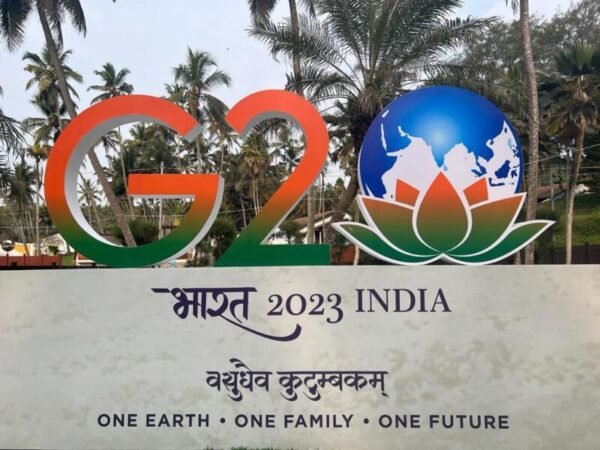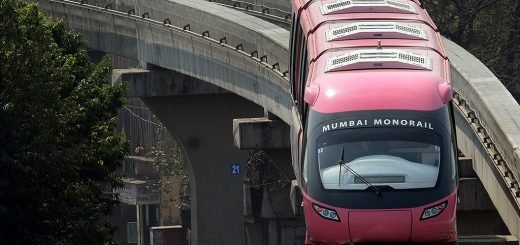India and G20: The Global South Revival

The Group of Twenty, or G20, is an intergovernmental association made up of the European Union and 19 other nations. It strives to address important global profitable enterprises like transnational fiscal stability, reducing greenhouse gas emigrations, and sustainable development. The maturity of the world’s topmost husbandry, both industrialized and developing countries, make up the G20, which accounts for over 80% of the world’s gross world product( GWP), 75% of its commerce, two-thirds of its population, and 60% of its land area.
The Maha Upanishad, an ancient Hindu literature, served as the alleviation for the” One Earth, One Family, One Future” theme that will guide India’s G- 20 administration. The concept basically emphasizes the significance of all life, including people, creatures, shops, and microorganisms, as well as their interdependence on Earth and beyond the macrocosm. According to India’s G20 Sherpa Amitabh Kant, the country’s one-time G20 Presidency, which started in December 2022, will be centred on fostering agreement among the world’s 20 largest husbandries on programs to revitalize global profitable growth in a mortal- centric and inclusive manner, guarantee just green and digital transitions, and achieve Sustainable Development Goals by 2030.
India has declared a new end to endorse the cause of the” Global South”. The expression” Global South” firstly meant, astronomically speaking, those nations that were barred from the industrialization age and educated in an ideological battle with commercial and communist nations, which was aggravated by the Cold War. It covers nations that are primarily in South America, Africa, and Asia. The conversations that revolve around the axes of the West vs the East and the North versus the South don’t reflect the factual circumstances in the ultramodern world.
For case, China, the alternate- largest profitable and military force in the world, is at the top of the global scale and has close relations with the West despite long being considered a part of the East and the South. India wants to construct a ground between the North and the South by emphasizing practical results rather than continuing former ideological conflicts, but its thing isn’t to rebuild a worldwide trade union against the North Delhi has pertained to itself constantly in recent times as a” South Western power” that’s suitable to forge close alliances with the US and Europe while also promoting the interests of the GlobalSouth.There will not be a conflict between the contemporaneous pursuit of universal and specific points if India can turn this aspiration into an effective policy.
Kant noted that India’s G20 Presidency comes at a time of multitudinous challenges, including geopolitical pressures, similar to the Russia- Ukraine war and China- Taiwan extremity, global force chain dislocations, climate action retardation, transnational trade retardation, high global debt, inflationary pressures, and the impending recession. He stated that India will use its political capital and leadership to evolve an agreement to achieve short-term pretensions, similar to climate finance.


















